In a world increasingly defined by shifting alliances and geopolitical tensions, the recent meeting between Donald Trump and Vladimir Putin has captured global attention. Far from being a mere diplomatic formality, this summit is being dissected by analysts and policymakers alike for its potential to reshape the international landscape. Following a period of strained relations, the two leaders convened to address a range of pressing issues, from global security to economic cooperation. The meeting’s outcomes could have far-reaching implications, not only for the United States and Russia but for countries across the globe. This article delves into the context of the summit, the key issues on the table, and the potential ripple effects that may follow.
Background of the Relationship
The relationship between the United States and Russia has long been a complex and often adversarial one, characterized by periods of cooperation interspersed with deep-seated mistrust. From the Cold War era to more recent disputes over cyber security, election interference, and military actions, the two nations have frequently found themselves at odds. Donald Trump’s presidency marked a unique phase in this dynamic, with a more direct and at times unconventional approach to dealing with Moscow. His personal rapport with Vladimir Putin has been a subject of intense scrutiny, leading to speculation about the nature of their interactions and the motivations behind them. Understanding this historical context is crucial to appreciating the significance of their latest meeting.
Key Issues on the Agenda
The summit's agenda was packed with critical topics, reflecting the complexity of the modern geopolitical environment. Foremost among these was global security, with discussions likely centered on nuclear arms control and the ongoing conflicts in Eastern Europe and the Middle East. Both leaders have a vested interest in de-escalating tensions and preventing a broader conflict, but their approaches to achieving this goal often differ. Another major talking point was trade and economic cooperation. As global economies face headwinds, the prospect of increased trade and business ties between the two powers could signal a shift in international economic policy. Additionally, the leaders likely touched upon a variety of other issues, including cybersecurity, climate change, and regional stability.
The Role of Other Global Powers
The Trump-Putin meeting did not occur in a vacuum. Other global powers, including China, India, and the European Union, were watching the proceedings closely. Each of these nations has its own strategic interests at play and a stake in the future of US-Russia relations. The outcome of the summit could influence their foreign policy decisions, affecting trade agreements, military partnerships, and diplomatic engagements. India, in particular, with its strong ties to both the US and Russia, would be keenly observing any shifts in the balance of power. The summit's results could present both challenges and opportunities for New Delhi as it navigates its own complex foreign policy landscape.
Potential Outcomes and Implications
The meeting’s results could lead to a range of potential outcomes. At one end of the spectrum, it could pave the way for a new era of diplomatic engagement and cooperation, leading to de-escalation in conflict zones and a more stable international order. At the other, it could deepen existing rifts and create new sources of tension, particularly if the leaders' agreements are perceived as undermining the interests of other nations. The summit could also have a significant impact on domestic politics in both the US and Russia, influencing public opinion and shaping future policy debates. The coming months will reveal the true impact of this high-stakes meeting.
Conclusion
The meeting between Donald Trump and Vladimir Putin represents a critical moment in contemporary international relations. While the full scope of its implications is yet to be seen, it is clear that the summit had the potential to alter the course of global events. As the world watches to see how these developments unfold, one thing is certain: the relationship between these two powerful nations will continue to be a defining factor in the 21st century's geopolitical landscape.

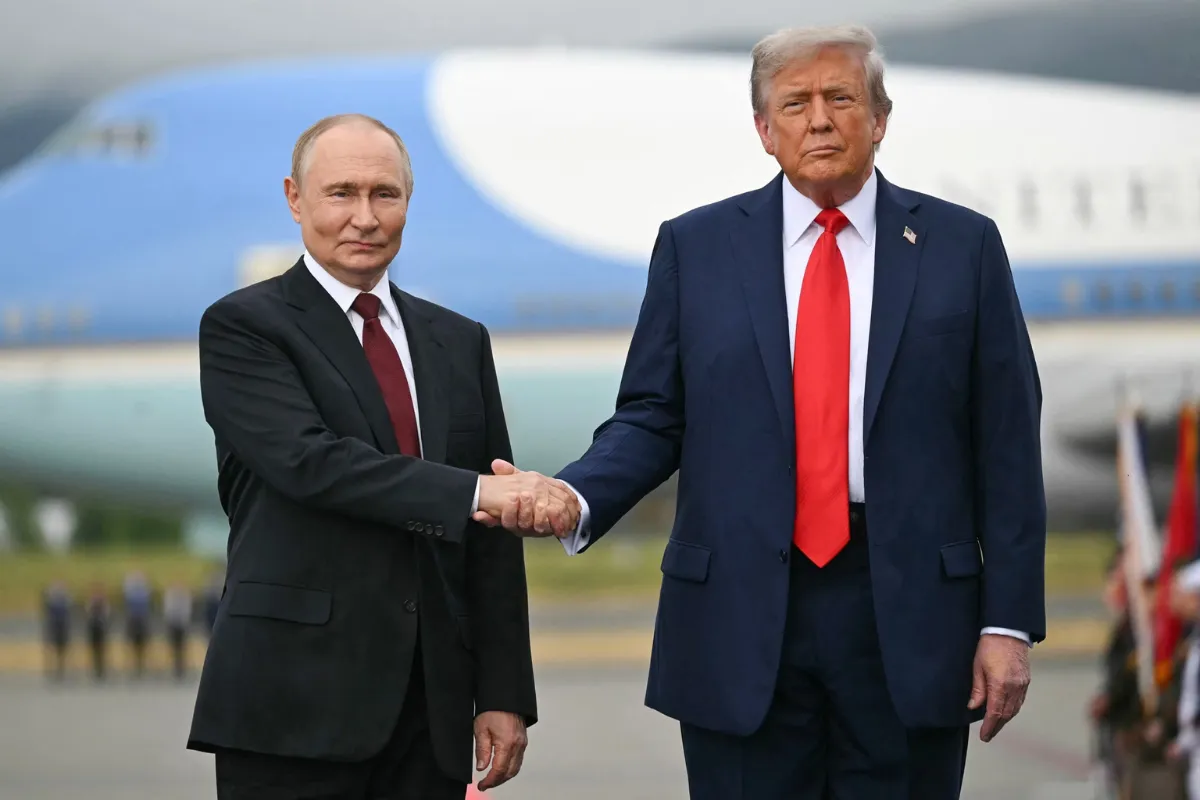
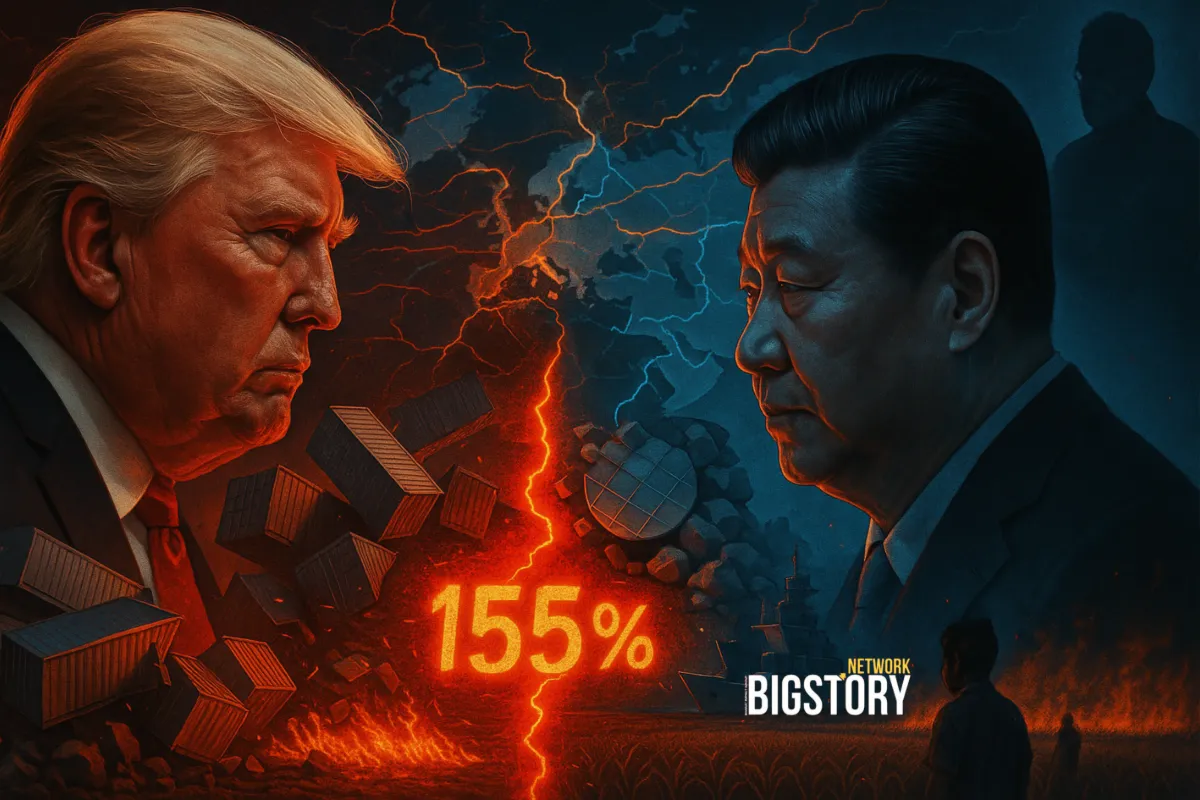
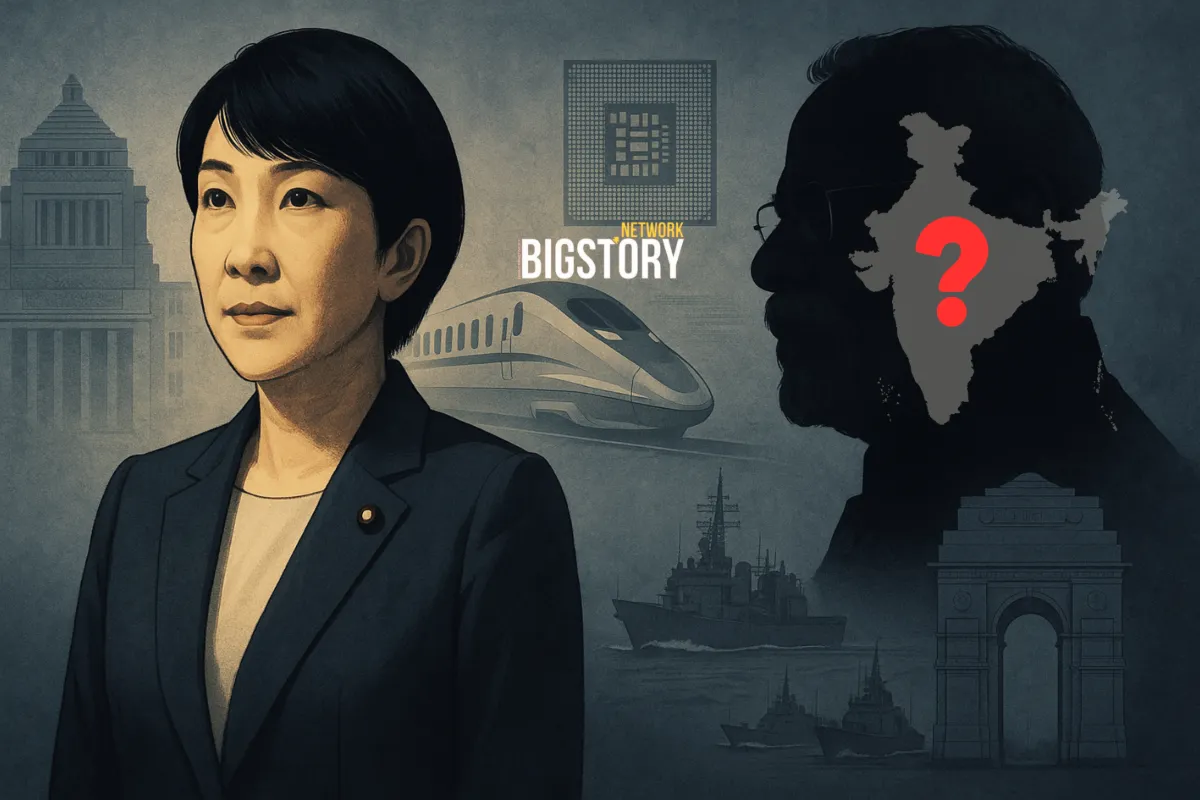
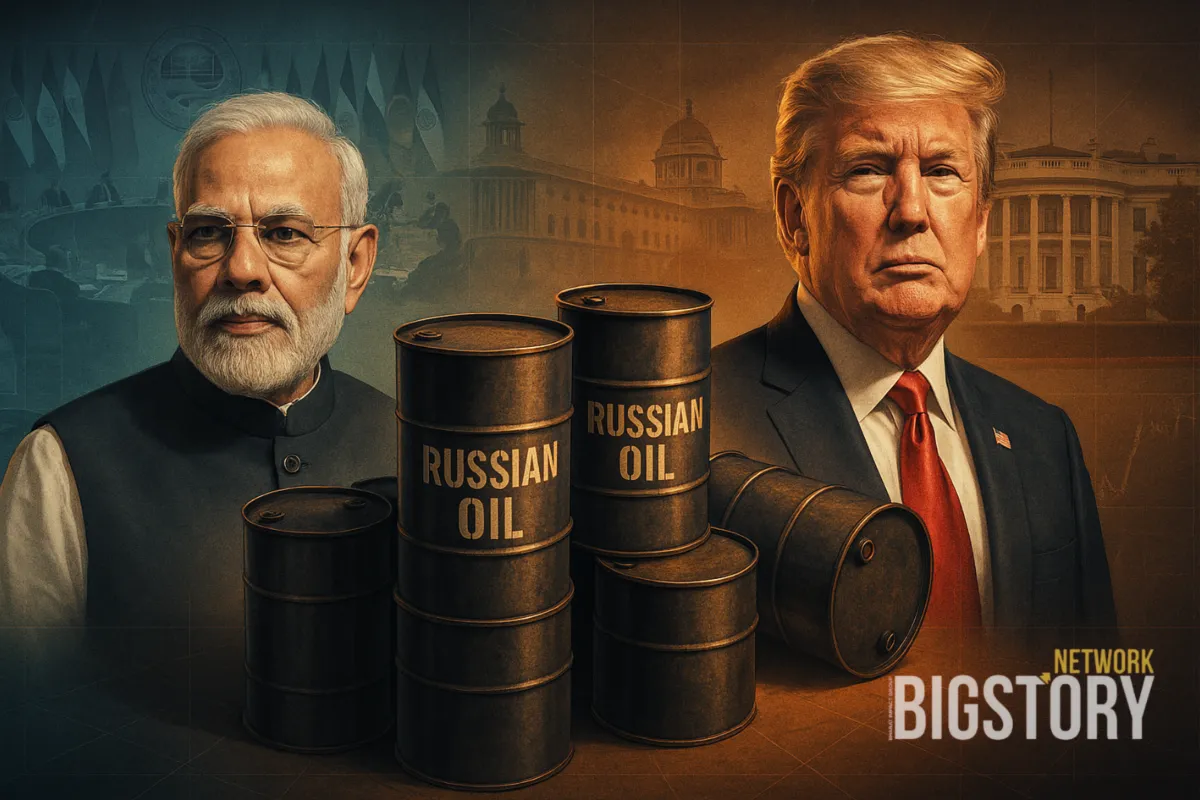
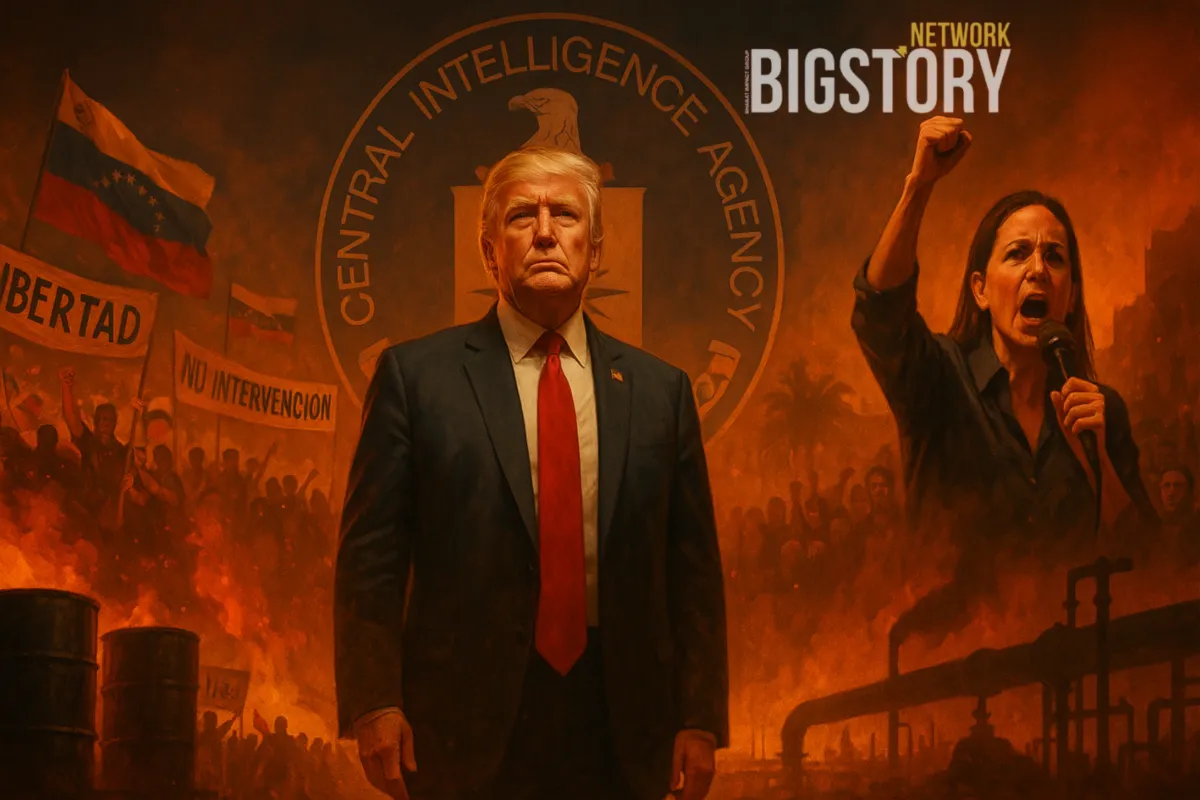

Leave a Reply